Supporting creativity, creators, and their creations vs. demanding a product and how parasocial relationships have fostered a tension there. Self-love and self-care vs. self-indulgence. Also, I turned in AMONG THE THORNS!

RITA ® Award-Winning Author of Fantasy Romance

Supporting creativity, creators, and their creations vs. demanding a product and how parasocial relationships have fostered a tension there. Self-love and self-care vs. self-indulgence. Also, I turned in AMONG THE THORNS!

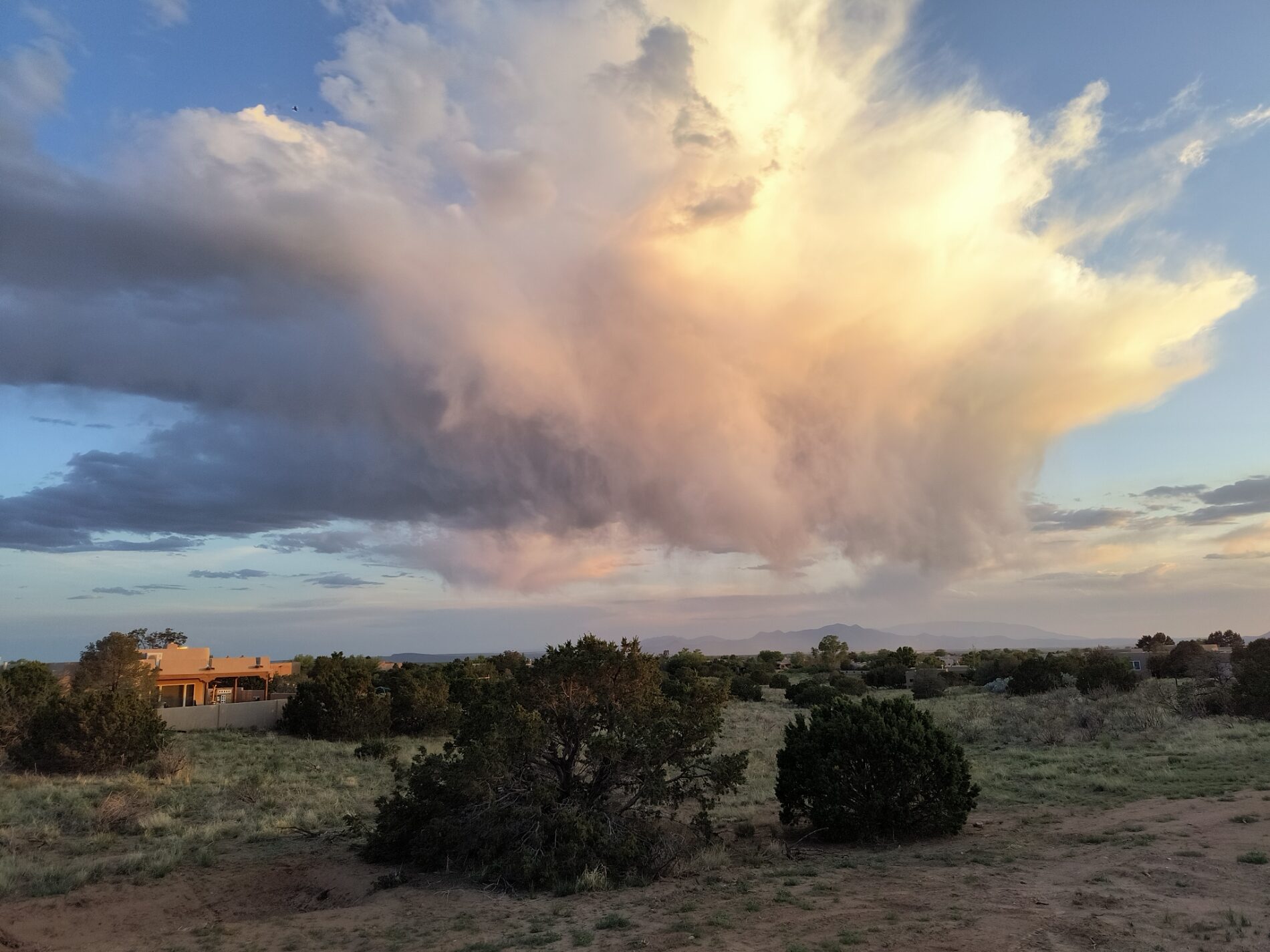
I’m suggesting creators reframe our expectations for success and the sense of urgency to *make* things happen – instead we can bide our time while we continue to create and let the world come to us.


An annoying tussle with Findaway Voices flagging my very human narrator as digital for STRANGE FAMILIAR, with no recourse to object. It is live on Audible and Kobo though! Also, I may be reversing my insistence on writing with discipline and instead embracing the creative urge and writing what you want to!


My very exciting news on Never the Roses: a starred Library Journal review! Also, about the latest news around “AI” and some writers using it to generate books. My thoughts on art, creativity – and what we can do to “prove” we’re not among them.

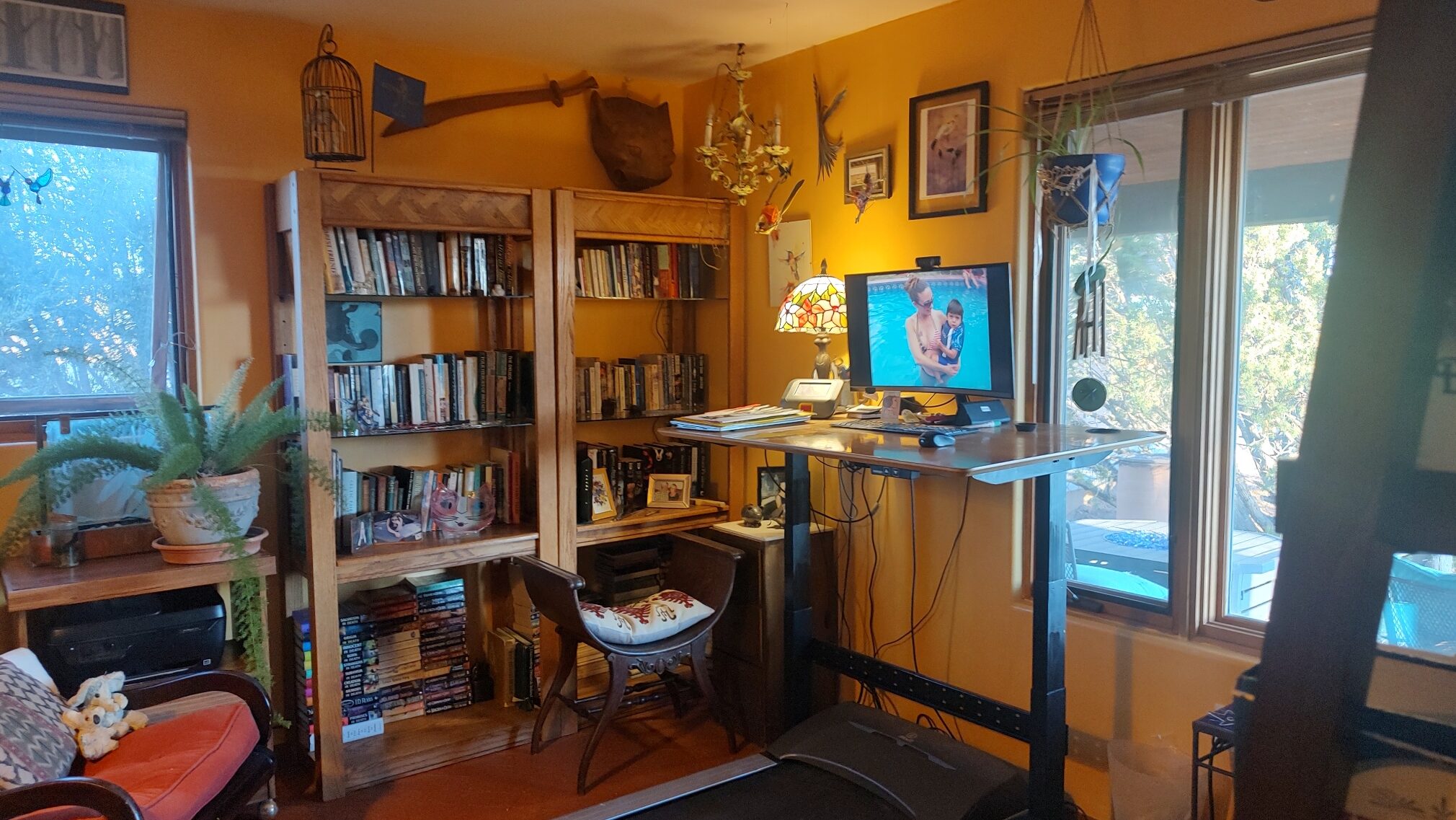
My office rehab is done and I am THRILLED! I’ve discovered my intuition led me to solidify this aspect of my creative life while on hiatus. Also: Why We Write. Musings on having a creative career and balancing love and business.


On being a creative in a tech-driven culture and how tech has shaped how we deliver our art. Also, embracing our emotions as valid and valuable, needing certain conditions to work, and how all of this affects choosing titles.

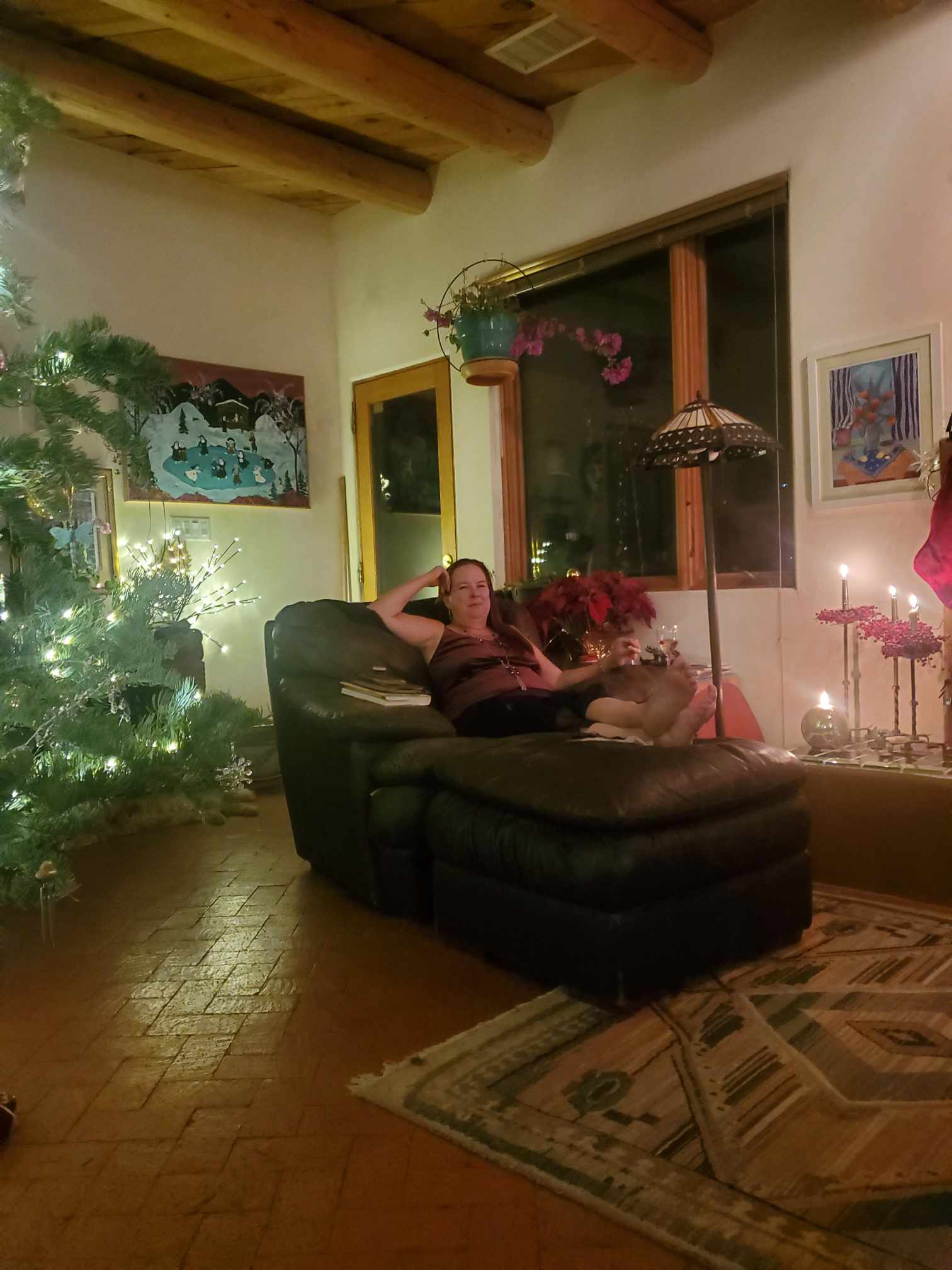
This will be my last podcast…of 2024! I’m talking about a cool goal-setting trick, what I noticed about taking time off and aggressive well-refilling in general, feeling that creative impulse and looking to the year ahead.

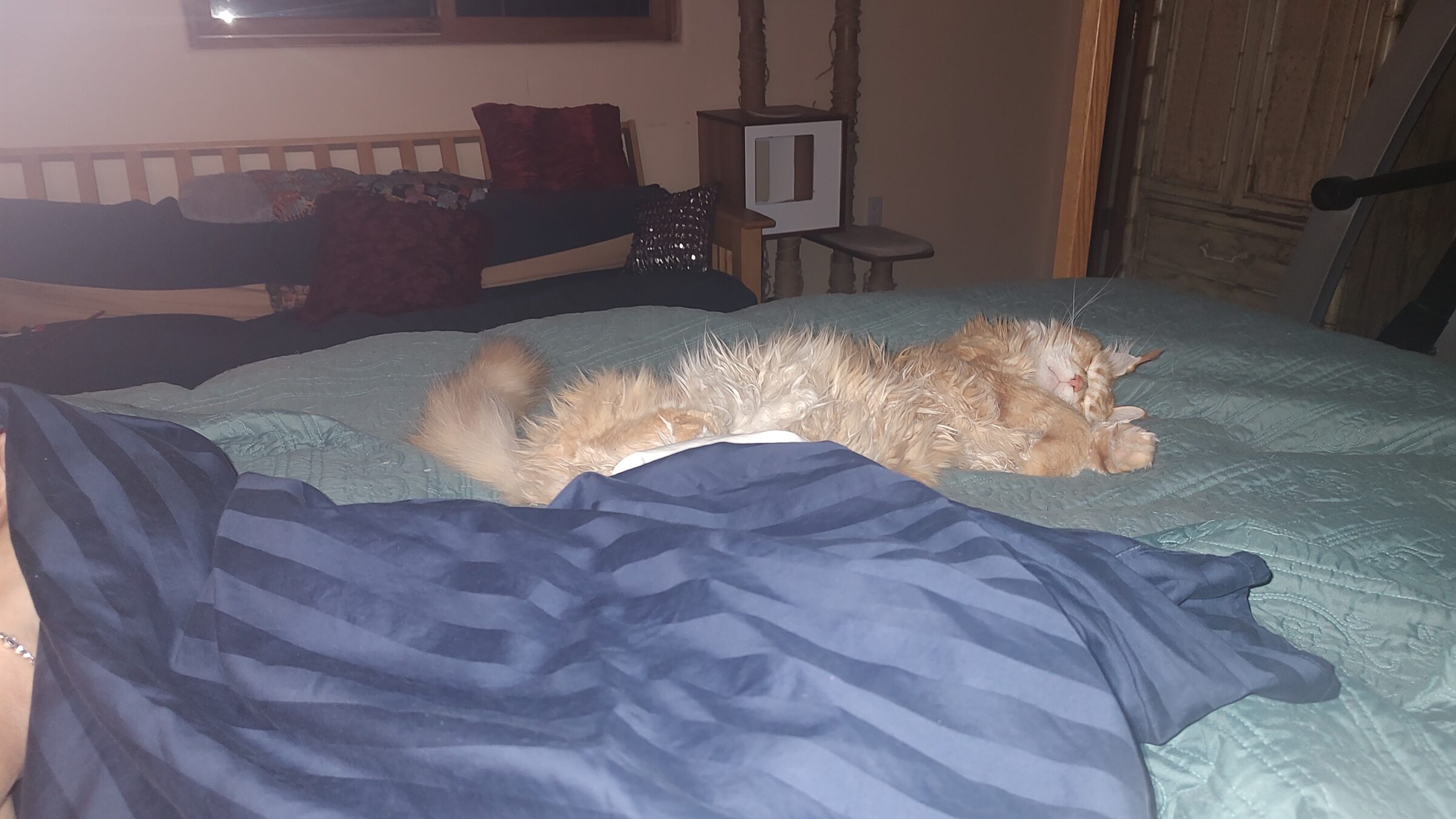
On Yog’s Law – that money must flow to the creator – and why paying a company to publish your books is a terrible idea. Also, why your creativity will beat “AI” and how you can make a living as a creator.


On having shining boundaries to protect your sacred, creative spaces, even if it makes people angry, which it will. Also, gardening as an extended analogy for writing, how we keep learning and recreating.

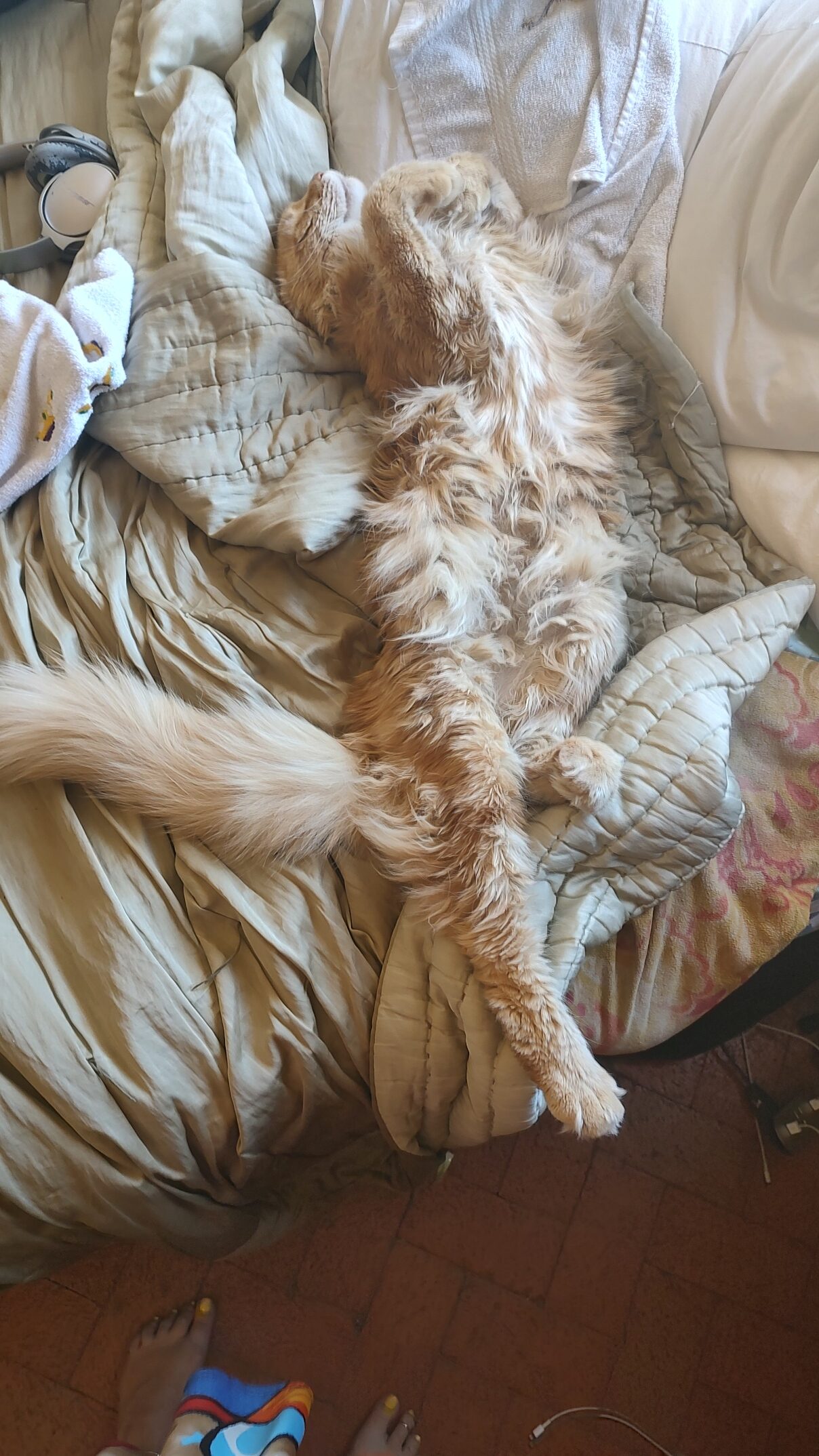
Thanks to you all for the support and kind words on my cat, who is even now having his toxic masculinity excised. Also, why it’s important for writers to share a common language and the role of privilege in creativity.
